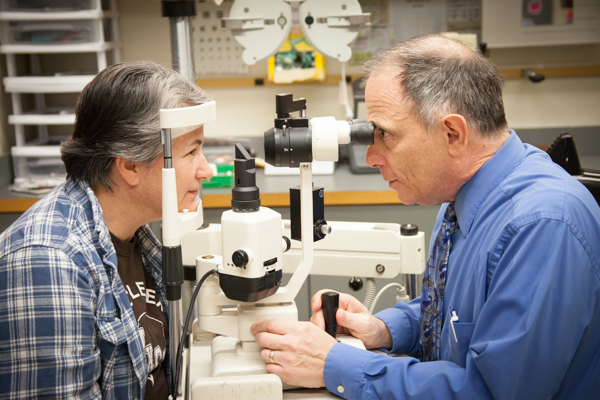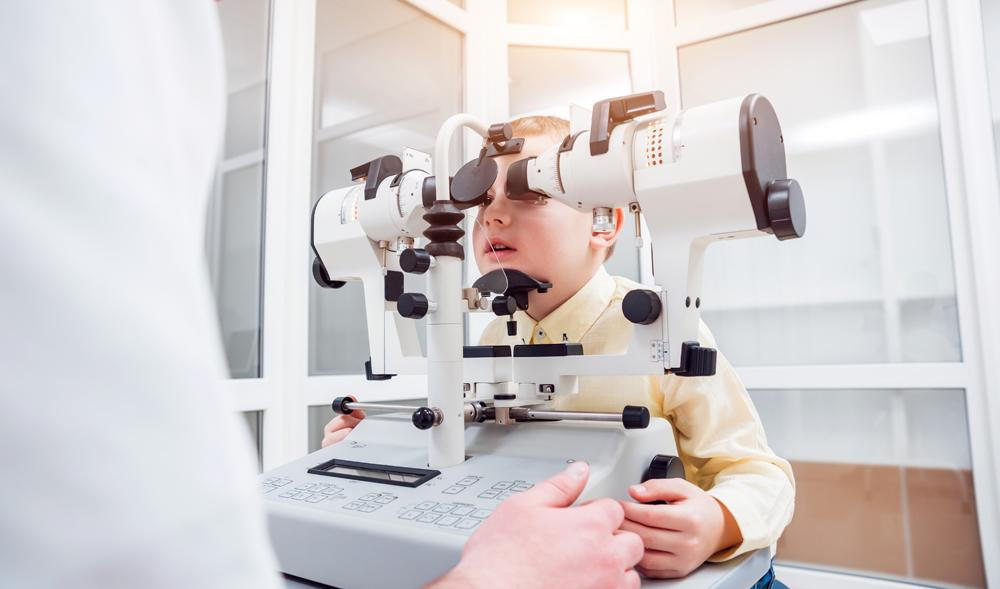Recognizing the Different Eye Conditions Treated by Specialized Eye Treatment Professionals
In the realm of eye treatment, specialized specialists play an essential role in diagnosing and treating a large array of eye conditions. From usual refractive errors that impact vision clearness to age-related problems that posture obstacles as we age, the expertise of these professionals encompasses handling vision-threatening diseases and intricate corneal problems. The intricacies of neurological eye conditions present one-of-a-kind obstacles that demand specialized care. As we start this exploration of the various eye conditions addressed by specialized eye treatment specialists, it comes to be apparent that the intricate internet of ocular health and wellness holds a myriad of interesting insights waiting to be revealed.
Typical Refractive Mistakes
Refractive mistakes prevail visual conditions triggered by a blemish in the eye's capacity to correctly focus light, leading to obscured vision. The most prevalent kinds of refractive mistakes consist of myopia (nearsightedness), hyperopia (farsightedness), astigmatism, and presbyopia. Myopia happens when the eyeball is also lengthy or the cornea is as well curved, creating distant challenge appear blurry. Hyperopia, on the other hand, happens when the eyeball is too brief or the cornea is as well flat, resulting in nearby items running out emphasis. Astigmatism is identified by an irregularly shaped cornea, leading to altered or blurred vision whatsoever ranges. Presbyopia is an age-related problem where the lens sheds its flexibility, making it hard to concentrate on close objects.
These refractive mistakes can be dealt with through different techniques, consisting of eyeglasses, call lenses, or refractive surgery. Eye care experts play a critical duty in identifying and taking care of refractive mistakes to help individuals accomplish more clear vision and improve their quality of life.
Age-Related Eye Conditions
One of the most prevalent age-related eye conditions is age-related macular degeneration (AMD), a disease that triggers main vision loss and can make tasks like analysis and driving tough. Cataracts, one more common condition among older people, create clouding of the eye's all-natural lens, leading to obscured vision. Routine eye exams with specialized eye care experts are critical for early detection and management of these age-related eye conditions to maintain vision and preserve ocular health as individuals grow older.
Vision-Threatening Illness
Vision-threatening illness include a variety of major ocular conditions that have the possible to substantially influence a person's eyesight and total aesthetic function. These illness position a threat of long-term vision loss if not promptly detected and treated by specialized eye care specialists. Some typical vision-threatening conditions consist of glaucoma, diabetic retinopathy, age-related macular deterioration (AMD), and retinal detachment.
Glaucoma is a team of eye problems that damage the optic nerve, often due to high intraocular pressure, leading to peripheral vision loss and prospective loss of sight if left unattended. AMD is a progressive problem influencing the macula, leading to main vision loss.
Very eyecare near me early detection, regular eye examinations, and timely intervention are important in handling vision-threatening illness to protect vision and keep top quality of life. Specialized eye care specialists play a crucial role in diagnosing, dealing with, and managing these conditions to stop irreparable vision loss.

Corneal Disorders
Corneal problems incorporate a range of conditions that influence the clear front component of the eye, recognized as the cornea. Therapy for corneal conditions varies depending on the certain problem however might consist of drugs, get in touch with lenses, or in serious cases, corneal transplants. Regular eye examinations are necessary for early discovery and monitoring of corneal problems to preserve vision and eye health.
Neurological Eye Conditions
Neurological eye conditions entail disorders that impact the connection in between the eyes and the mind, influencing visual processing and general eye feature. These conditions can show up in different means, impacting vision, eye motions, and even the control between the eyes. One typical neurological eye problem is optic neuritis, defined by swelling of the optic nerve bring about vision loss, color desaturation, and discomfort with eye activity.
An additional significant condition is nystagmus, where the eyes make repeated, unrestrained motions, influencing visual acuity and deepness assumption. Additionally, problems like amblyopia, commonly described as "careless eye," arise from uncommon visual development in early childhood years, causing lowered vision in one eye.
Neurological eye problems call for customized treatment from professionals like neuro-ophthalmologists that have expertise in both neurology and ophthalmology. Medical diagnosis frequently involves a thorough eye assessment, imaging researches, and cooperation with specialists to resolve the underlying neurological concerns influencing the aesthetic system. Treatment methods can include drug, vision therapy, or in extreme instances, surgical interventions to take care of these complicated conditions properly.

Conclusion
To conclude, specialized eye care specialists deal with a large array of eye conditions, consisting of usual refractive errors, age-related eye conditions, vision-threatening conditions, corneal disorders, and neurological eye conditions - refractive surgeries in al. By recognizing these numerous conditions and looking for ideal therapy from eye treatment experts, people can keep ideal eye health and wellness and vision. It is necessary to focus on routine eye exams and adhere to advised treatment plans to maintain and protect one's vision for the future